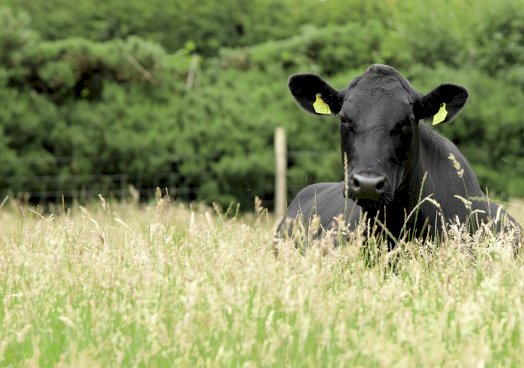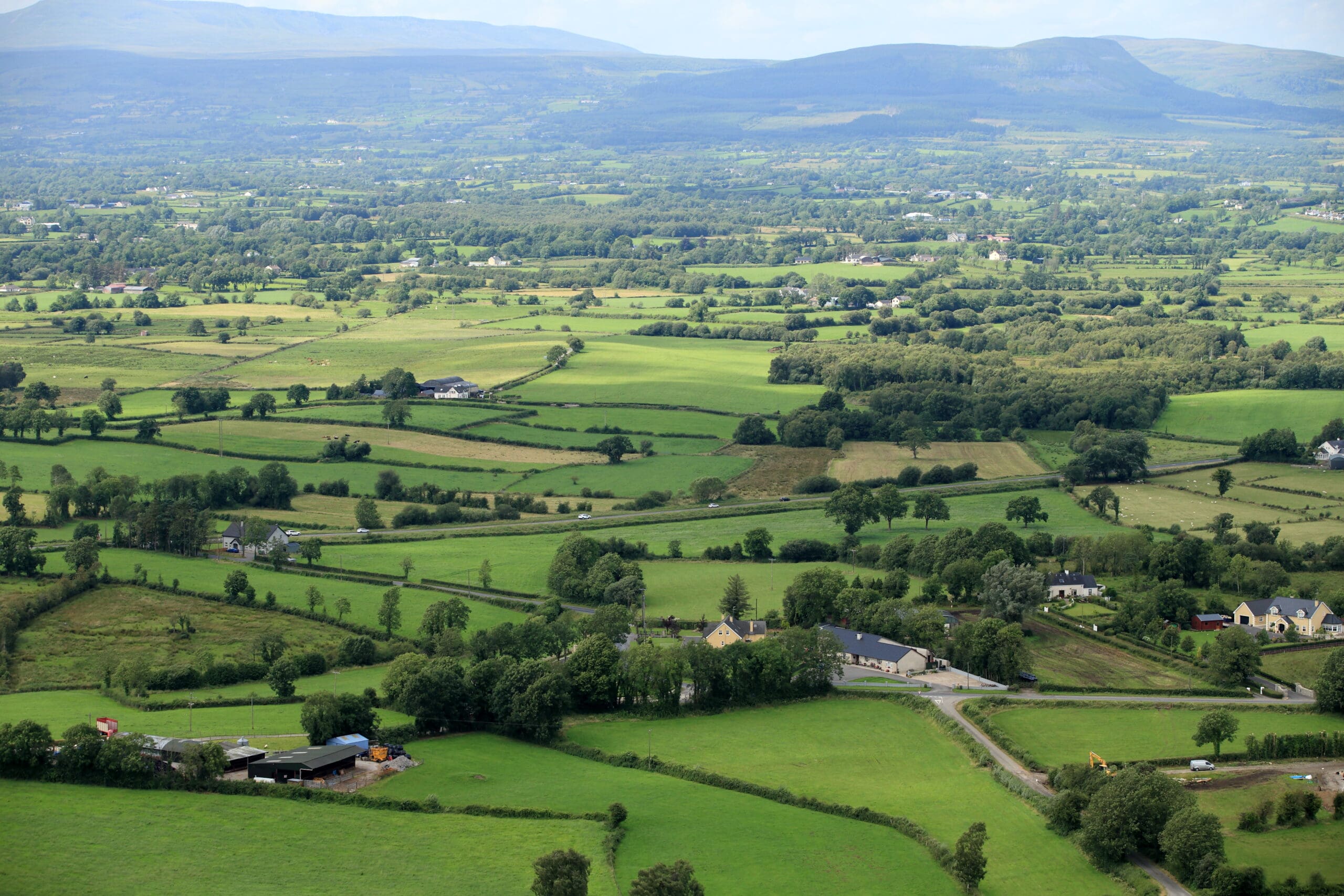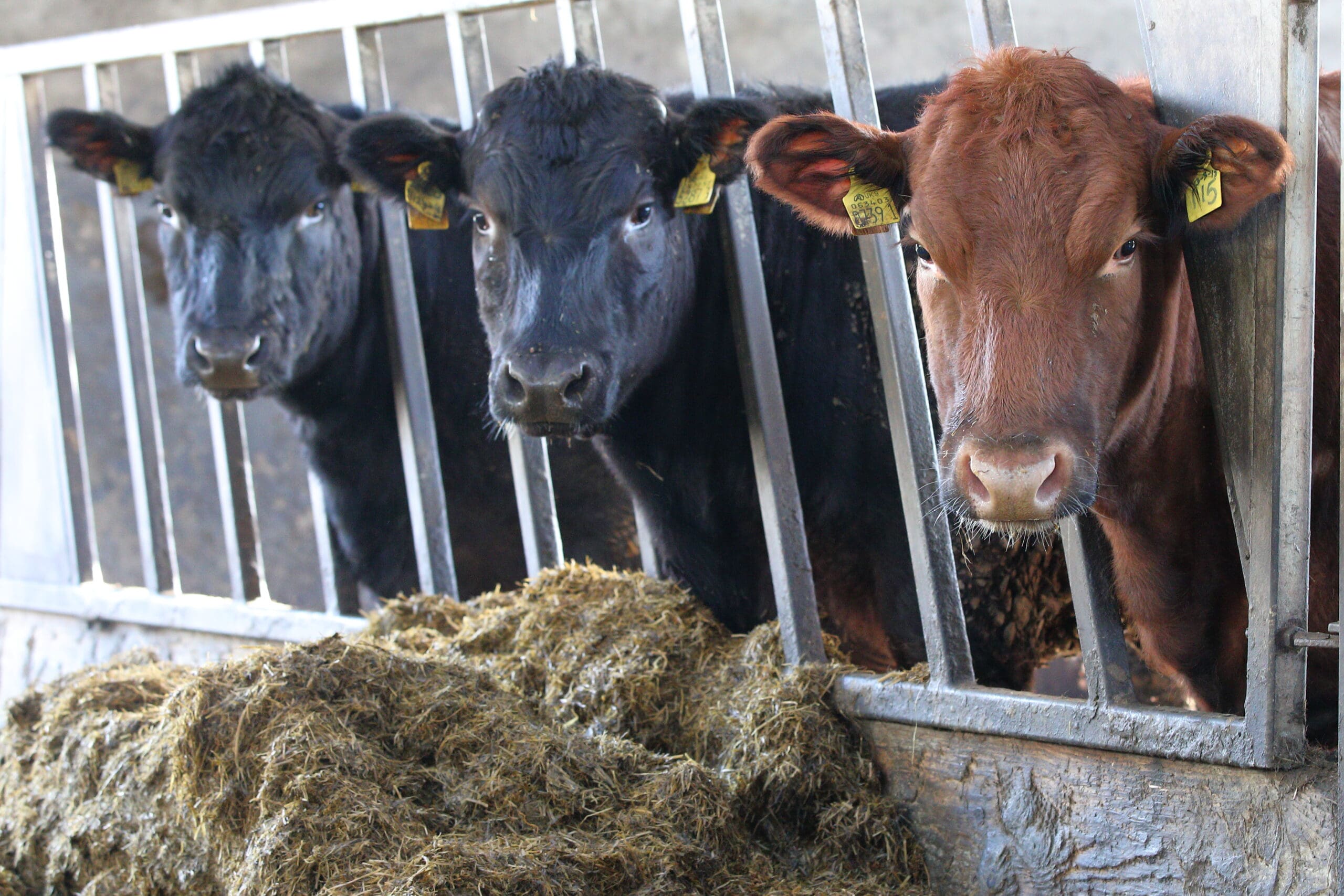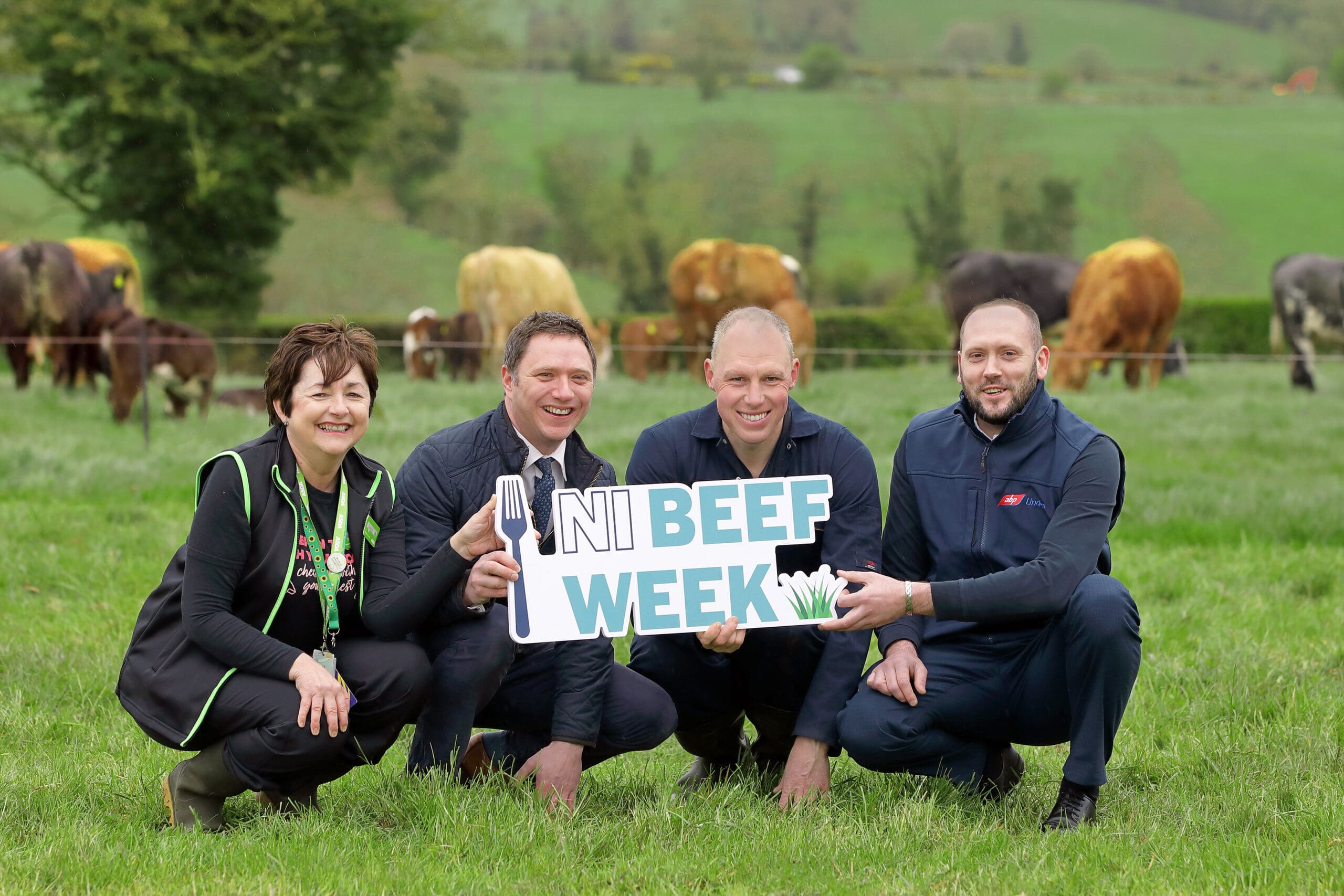
Commodity watch by policy officer Daryl McLaughlin
The Livestock and Meat Commission for Northern Ireland (LMC) published a report that they prepared in conjunction with the Ulster Farmer’s Union (UFU) and the Northern Ireland Meat Exporters Association (NIMEA), on options for supporting suckler beef and sheep in Northern Ireland (NI).
The proposed future framework plan is something for the industry to work towards and not something that would just be changed overnight. The aim of the study was to identify the policy framework and associated measures to deliver a sustainable, competitive suckler beef and sheep sector in NI.
The long-term vision is that by 2027, the NI suckler beef and sheep sector is competitive and increasingly sustainable meaning that emission levels are reducing at a greater rate than the UK’s Paris Accord targets. Productive farmers receive a fair income for their market leading produce and the support they receive mitigates the effects of volatility whilst permitting processors to be internationally competitive and develop sales in growing markets.
Many of us are aware of the issues associated with the reasons of decline in the sectors, poor profitability, policy impacts, structural changes and declining consumption to name but a few. The report looked at the reasons for decline, it reviewed the current agriculture policies, society and the impact of the public good. Many reviews have taken place over the decades but now the focus needs to be on implementing these to deliver the changes needed to make the industry more sustainable economically and environmentally.
The report evaluated policy initiatives around the UK (England, Scotland, Wales), Ireland, Austria, Germany, Norway, Switzerland, Australia and Canada. The report also looked at various potential policy tools like decoupled payments, public money for public good, agri-environment schemes, coupled payments, deficiency payments, insurance, LFA compensation, young farmers payments, business improvement grants, resilience payments (area based), rainy day fund, knowledge exchange and innovation, income tax deferment schemes, producer organisations and collaborations schemes and early retirement and land mobility.
1. Environment and Productivity Support (EPS)
This is the core component of the support framework. It focuses on a select number of key performance indicators (KPIs), four of which are compulsory with three being optional. To receive full support, farmers must achieve all compulsory targets and one of the optional KPIs. These are designed to be straightforward to measure and several can be obtained using existing datasets. The payments are set at 70 percent of existing BPS payments and would be lodged into a special interest-bearing savings account where monies would only be taxable upon withdrawal. The farmer could draw out of the account at any time and could “shelter” the money tax-free until the rainy day (when cash is needed, and the tax bill is likely to be lower) thus bolstering resilience. The estimated cost across all NI farms would be £196.7m.
2. EPS Plus Payments
To address the scale of the environment and productivity challenge, additional measures are also required but farmers need greater flexibility to choose which options would be most suitable for their businesses. To this end, an enhanced form of support (EPS Plus) is proposed. These payments would only be made if the basic EPS targets were achieved. Below are some of the options from a suckler beef and sheep perspective.
A. Coupled Schemes to Promote Efficiency, Sustainability and Quality
• Low Methane Beef Calf Payment (Environment and Quality Assurance (EQA) Stage 1: headage payment (£75/head) for each registered suckler calf (3/4 beef-bred) provided that the farm is Farm Quality Assured (FQA) and that the calf’s genetics have been approved to lower expected methane emissions by ≥20% over its lifetime.
• Low Methane Dairy Beef Calf Payment (EQA Stage 1):
£25/head, paid on beef sired calves born to dairy dam to help ensure that calves coming from dairy herd for finishing have the potential to meet the required environmental and quality standards.
• EQA Stage 2 (Quality Assurance) Payment:
Based on a £57/head provided farmers have FQA designation. An additional condition would be that all animals need to be slaughtered at less than 24 months, thus helping to lower emissions. Over time, it is anticipated that the FQA payment will be based on Lifetime Assurance (i.e. after 24 months of the scheme being operational) as the industry is moving in this direction.
• Sheep Welfare and Efficiency Payment (SWEP):
Targeted at improving the welfare of breeding ewes. Payment of £12/ewe.
Taken together, these coupled payments would equate to £48 million. This would represent 14 percent of the total support given to agriculture in Northern Ireland (£333 million) and two percent of 2019 gross output; within EU and WTO limits. Close attention needs to be paid to the support that farmers in the Republic of Ireland receive, and Northern Ireland payments need to be regularly reviewed so that there is a level playing field in terms of support received across the island of Ireland.
B. Agri-Environment and Disadvantaged Area Payments
• Environmental Farming Scheme (EFS) – Successor Programme:
targeted at farmers that deliver more for the environment than what is provided for within standard direct payments schemes (e.g. targets within the EPS). Free of income foregone or costs incurred constraints, the delivery of environmental enhancements could become profit centres (farming enterprises) in their own right. Here, greater funding would be required and would come from the 30% diversion of funding from the old BPS to EPS Plus schemes such as this. It is proposed to increase funding to £21.7 million, a 50% increase on funding for the current EFS, LFA Compensatory Allowance (ANC) and Countryside Management Schemes (non-capital). The provision of existing habitats or public goods should also be rewarded in addition to new habitats. Farmers should have as much flexibility as possible to deliver such enhancements. For young farmers wishing to participate, it is proposed to use ~50% of existing Young Farmers’ Payments (£2.9 million) as a means to provide a small top-up on EPS Plus payments on land which is under an agri-environment scheme.
• NI Rural Disadvantaged Area Scheme (RDAS):
the substantial diminution of support to Severely Disadvantaged Areas (SDA) under the Areas of Natural Constraints (ANC) scheme has had a severe impact on the suckler beef and sheep industry. The need to provide an additional payment to farmers in disadvantaged areas in return for the delivery of enhanced public goods (e.g. visual landscapes etc.) has justification and should be given approval. The amount of funding should cover the decreases in funding experienced by SDA farms in recent years as a result of convergence under the BPS.
C. Other Industry Initiatives
• Land Mobility: the lack of land mobility is a major structural disadvantage. A Tax relief scheme similar to that in the Republic of Ireland is needed to encourage longer-term rentals allowing more proactive farmers to expand and offering those wishing to exit a viable means to do so.
3. Other Rural Development Grants
Here, the focus is mainly on Rural Development support given to NI farming. The key proposals include; capital grants, hardship and disease compensation, broadband and 5G connectivity, and diversification.
Although beyond the brief of this project, agricultural policy does not exist in isolation. Reforms in other policy areas such as taxation law, divorce law, labour and migration, trade and market access and planning law also need to be examined to support a viable suckler beef and sheep sector into the future
The Report was prepared independently by The Andersons Centre. The views, opinions and conclusions expressed are those of the authors and don not necessarily reflect the commissioning organisations.





